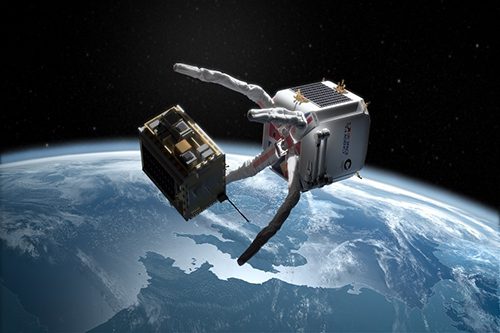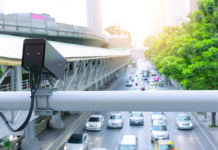
The UK Space Agency (UKSA) announced in late September that two UK-based companies are designing missions to clear hazardous space junk. ClearSpace and Astroscale have been awarded £4 million from the UKSA to design missions, working with a consortium of industry partners.
Orbital congestion and space debris are significant challenges facing the global space sector, and the UK Space Agency says it has committed £102 million, over the next three years, to deliver capabilities to track objects in space and reduce debris. There are estimated to be more than 130 million pieces of space debris orbiting Earth, from tiny flecks of paint from spacecraft, to old satellites, spent rocket bodies and even tools dropped by astronauts. This debris can stay in orbit for hundreds of years and present a real danger to satellites and the public services that they deliver, reaching speeds of up to 17,000mph.
Paul Kostek, IEEE senior member, advisory systems engineer with Base2 solutions commented on the risk satellite collisions pose to future space travel and communications:
“There has been a huge surge in the construction of satellite constellations in low Earth orbit (LEO). There are multiple companies and, indeed, countries rushing to create these constellations in order to provide internet access to rural areas and underdeveloped nations and keep up the momentum of ongoing projects. As this increase in funding suggests, these thousands upon thousands of small satellite launches will present serious logistical challenges, many of which, operators may have not really encountered before – including the allocation of frequencies for these systems, as well as overall traffic management.
“While the satellites in these constellations are initially meant to be small and inexpensive, consider the costs involved when a collision takes place in the future. Discussion around how these satellites will be deployed and managed effectively needs to be taking place now. Addressing the risk of collisions, interference, and security incidents should be top priority for all operators and users. With tens of thousands of satellites in orbit, companies will have to consider the consequences of affecting expensive GPS and weather satellites, or even military communications. There’s going to be a big shake-up going forward.”








